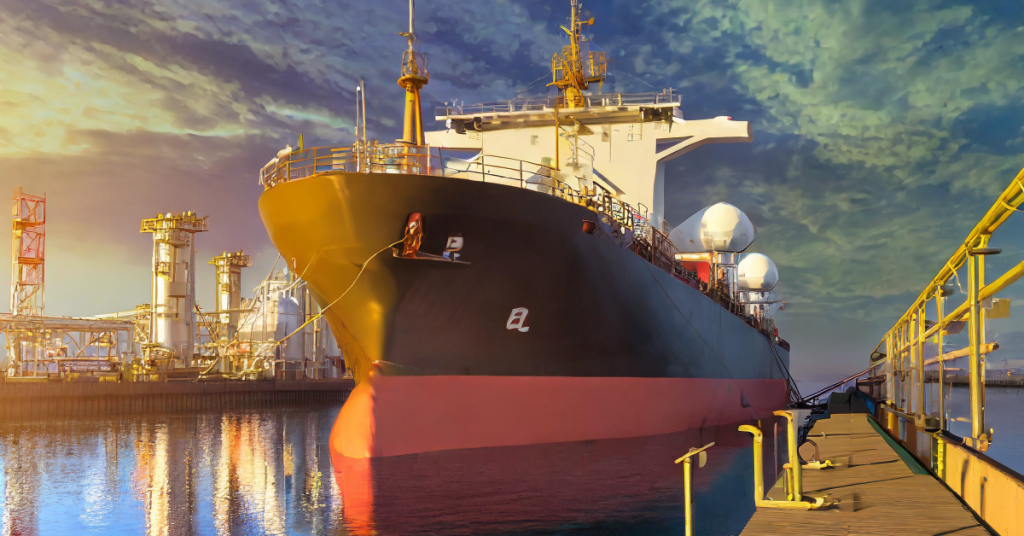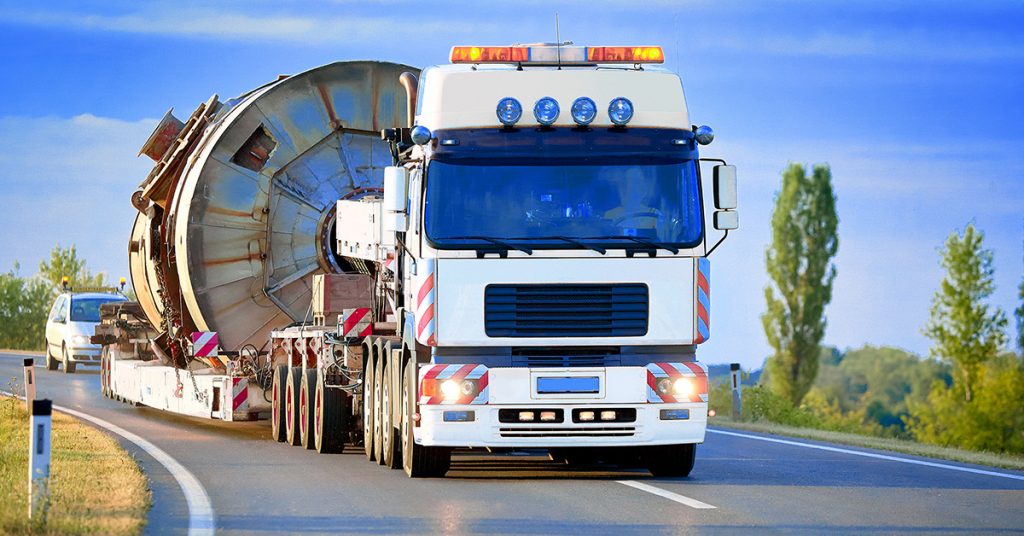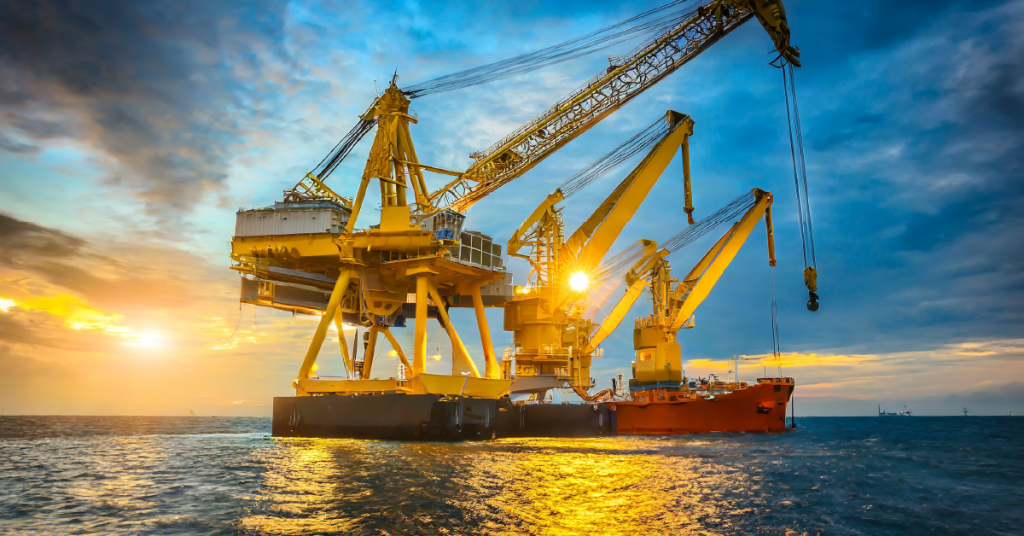Intensive Trainings

- This event has passed.
Loading Master Certificate
16th June 2021 - 18th June 2021
About this Training Course
Oil Terminals should comply with all applicable international, national and local regulations, as well as their own policies and procedures. Similarly, Loading Masters and personnel operating at the oil terminal should be fully aware of the hazards of the petroleum products they are handling, the equipment involved, as well as emergency situations that may arise. Terminal management should provide a healthy and safe working environment and ensure that all operations are conducted with minimum impact on the environment whilst complying with the regulatory system in force and recognised industry codes of practice. If such hazards or emergencies occur, the terminal operators should be fully aware, ready and capable of initiating an initial response to mitigate the risks arising from any such emergency situation
Who Should Attend
This course is designed for anyone with immediate responsibility for loading, discharging and care in custody transfer or handling oil (Crude, Petroleum Products) cargoes. Personnel in port management, terminal operations, port policy, nautical operations and shipping management could find it beneficial.
Other related job titles include:
• Terminal Loading Masters
• Terminal Marine Safety Operators
• Vessel owners and operators
• Surveyors
• Marine superintendents
Relevant industries include oil and gas, supply chain, energy and logistics etc.
Key Learning Objectives
• Demonstrate a full understanding of the International Rules/Regulations and Industry best practices for operations at bulk liquid terminals
• Recognise the need for applying appropriate procedures for the handling, loading and discharging of bulk liquids onboard tank vessels
• Learn updated international guidelines and regulations concerning tankers and terminals including physical properties and types of cargoes
• Increase operational efficiency for oil storage and transport
• Become aware of Quality & Quantity risk & loss, and learn prevention techniques
• Improve compliance, operational and environmental performances
• Apply a structured process of effective risk assessment and management to improve the safety performance of the terminal operation
• Demonstrate knowledge of the ship and shore equipment and their use
• Become a Master of Loading/ Unloading



